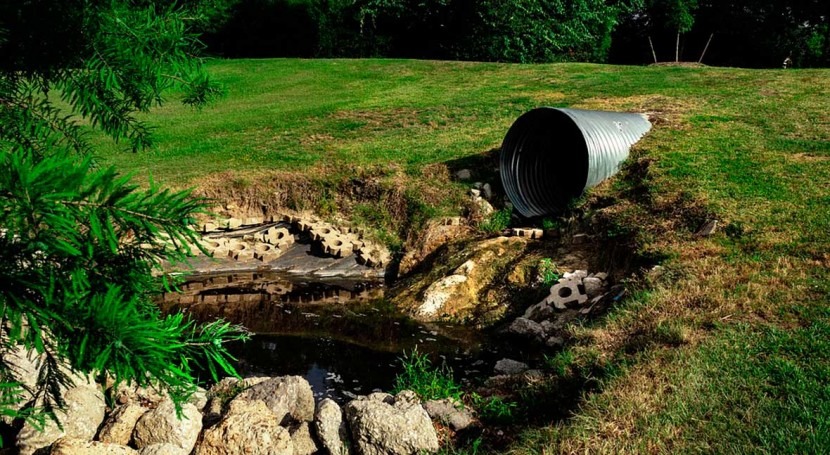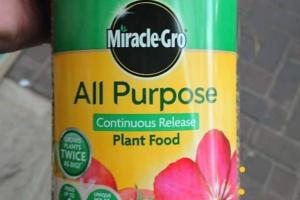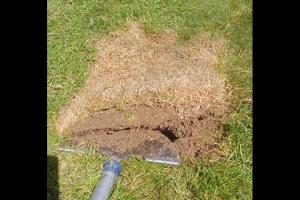What do you mean by water pollution?
Published By:anonymous Posted On:27/09/2023

Contaminated water sources are responsible for 1.2 million deaths every year; in fact, unsafe water is one of the world's largest health an environmental problems, particularly in contexts of social exclusion, poverty and marginalization.
1 . What do you mean by water pollution?
Water pollution is the presence of chemical substances or other type of substances, at a concentration that exceeds natural conditions, in such a way that it is not fit for the purpose it had when in natural condition.
This alteration in water quality, which entails the presence of substances such as heavy metals or sediments, means its consumption has harmful effects for health and for the environment.
2 . Causes of water pollution
The main sources of water pollution are:
Domestic sources: domestic or municipal waters come from urban centres and contain substances as a result of human activities (food, faeces, garbage, cleaning products, detergents, etc.). Agricultural - livestock farming sources: waters coming from irrigation and other uses such as cleaning in livestock raising facilities, and so can contribute large amounts of manure and urine, that is, a lot of organic matter, nutrients and microorganisms. Industrial sources: wastewater that has been used to transport substances and heat during washing and rinsing processes, in chemical transformations, as solvent and as by-product of physical processes such as filtration or distillation, etc. Stormwater sources: when it rains, the water washes away all the dirt it finds in its path, something that can occur in any of the three previous cases. In cities this water carries oils, organic matter and different atmospheric pollutants. In the countryside it carries pesticides, fertilizers, etc., and in industrial areas it carries substances that have fallen on the ground. Fluvial sources (shipping): on shipping routes, oil spills, whether accidental or not, can cause significant ecological damage.








